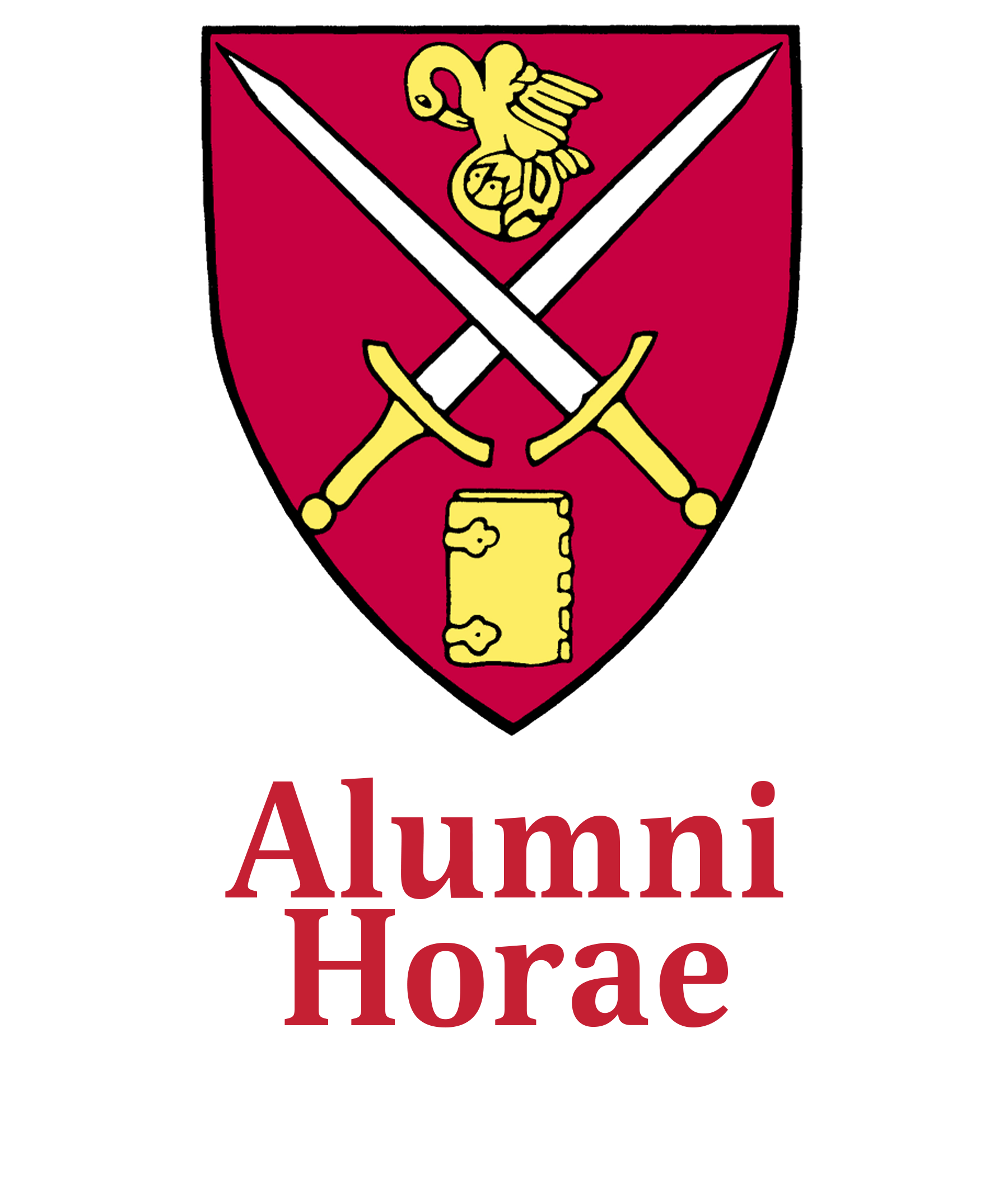Profile: Journey of Self Discovery
Terna Tilley-Gyado ’98 returned to SPS to find that the same conversations about diversity and inclusion are still taking place today
Jana F. Brown
It was 10 years after her graduation before Terna Tilley-Gyado ’98 returned to St. Paul’s School. She reconnected with her friends, but still found it hard to find common ground with peers who came from more typical boarding school backgrounds, both socioeconomically and culturally. “In some way, I think the gap remains in terms of the experiences we had,” Tilley-Gyado says. “I found at the 10th that my crew, with a couple of exceptions, were people who didn’t come from a white, wealthy world. I found it challenging to have meaningful conversations with those folks.”
A New York City native, Tilley-Gyado discovered St. Paul’s through the A Better Chance program, which matches academically qualified minority students with independent schools. She ultimately came to the School through a Wallace Foundation scholarship. Tilley-Gyado’s mother, a native of Liberia, had attended boarding school in England, and cautioned her daughter about the cultural differences she might encounter at St. Paul’s. “I came from a multi-ethnic, multi-racial public school, and my little ragtag crew was all immigrant kids,” she says. “I had a friend from The Philippines, one who was Trinidadian-American, another who was Chinese-American. Most students were students of color. We had real conversations about backgrounds, families, where we were coming from, what we were dealing with. I didn’t experience myself as a black person in the way I did at SPS.”
She made close friends at St. Paul’s, and says the education she received was worth some of the struggles – questions about her hair, her taste in music, and her non-conformity to the unofficial preppy dress code, among others. Tilley-Gyado participated in SYA France as a Fifth Former, was co-president of the Student Cultural Alliance, and found comfort in the caring presence of former SPS faculty spouse Ruth Sanchez, a resource for many minority students. Tilley-Gyado went on to study at the University of Chicago and became a public school teacher in New York City. While she was experiencing life as a minority at St. Paul’s, Tilley-Gyado was also learning that she was gay, which added another layer to her feeling of exclusion. Recently married, she now lives with her wife in Springfield, Mass., where Tilley-Gyado is a therapist, activist, and facilitator of social justice.
Three years ago, she returned to St. Paul’s for Beloved Community Weekend, where Tilley-Gyado made connections with alumni and current students. She came away from the weekend feeling that the same conversations about diversity and inclusion are still active today, and that the cultural differences inherent in a predominantly white institution remain. She did appreciate the School’s efforts to initiate and continue the conversation.
“It would take a really deep look to fundamentally shift the culture and the class piece [at St. Paul’s],” she says. “I think about the white kids who were coming from poor backgrounds, too – we had some struggles in common. What I appreciate is that students now do this work naturally; they have language to talk about what’s going on in a way we never did. That is a huge asset in helping them. It gives them a way to externalize it and know that it’s not about them. They have a better shot than we did.”

